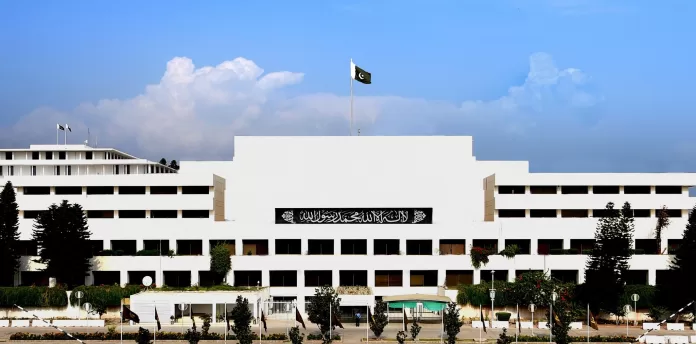The Constitution of Pakistan was adopted on 10 Apr 1973, after it was passed unanimously in the National Assembly. This was the period after the tragedy of 1971, creation of Bangladesh and Mr Bhutto coming into power on the basis of the same very elections, whose one part (Mujib getting the majority) was not acceptable to him. Soon after its acceptance and coming into force, the Constitution went through a series of amendments. Please also keep in mind the then obtaining political environment and how the amendments were being brought in. Makes an interesting read. So let’s start seriatim.
The 1st Amendment
Passed on 8 May 1974, it redefined the boundaries of Pakistan, and removed references to East Pakistan. This was the time that Pakistan had recognised Bangladesh.
The 2nd Amendment
Passed on 21 Sep 1974, it defined a Muslim and declared the status of Ahmadis as minority and Non-Muslims.
The 3rd Amendment
Passed on 18 Feb 1975, it extended the period of Preventive Detention.
The 4th Amendment
Passed on 21 Nov 1975, it decreed additional seats for minorities, and ‘Deprived the Courts’ of the power to grant bail to any person detained under any preventive detention.
The 5th Amendment
Passed on 5 Sep 1976, it widened the scope of ‘RESTRICTIONS on the High Courts’.
The 6th Amendment
Passed on 22 Dec 1976, it dealt with the retirement age of judges (65 and 62).
The 7th Amendment
Passed on 16 May 1977, it enables the Prime Minister to obtain a vote of confidence of the people of Pakistan, through ‘REFERENDUM’.

COMMENTS
Mr Bhutto was an astute politician. Just have a look at the amendments. The initial amendments are aimed at getting hold of his political opponents (Wali Khan and others) and then clipping the powers of judges, who could provide breathing space to his political opponents.
The 6th Amendment was specific to Sardar Iqbal, Chief Justice of the Lahore High Court. He was to be dislodged by this amendment.
However, Justice Ghulam Safdar Shah, the then Chief Justice of the Peshawar High Court, also fell a victim to it. He, then approached Sharifuddin Pirzada and was accommodated as a Supreme Court Judge, courtesy Gen Zia. He was also a dissenting judge among the three in Bhutto’s case
The most interesting is the 7th Amendment. See the timings; May 1977, when the movement of PNA was at its peak. Mr Bhutto wanted to bail himself out with the drama of referendum.
Alas, he couldn’t, but ironically the two military dictators got themselves legitimised through a referendum under the same provision of the Constitution.
An old Punjabi song
کِناں جَمیاں کِناں نے لے جَانڑیاں۔
In Part-2, will dwell on the amendments passed by Gen Zia and his cohort Nawaz Sharif.




